A history of far eastern art
₹10,000.00
ISBN. :0-50023034X
YEAR :1970
PAGER :528
BINDING : Hardcover
Condition: Excellent
Thames + Hudson; London, 1975. Condition: Gut. Revised Edition. 532 S.; zahlr. Illustrationen (tls. auch farbig); 30 cm. Gutes Exemplar ; Umschlag stw. leicht berieben. – Englisch. – 60 colour plates and 656 black and white plates . THIS BOOK is a comprehensive and scholarly survey of the dominant arts of Asia east of the Indus River, from about 2500 BC to AD 1850. The author has considered India, Southeast Asia, Indonesia, Central Asia, China, Korea and Japan as a unified sphere of interest to bring out their cultural inter-relationship in relative isolation from the Near East. Aside from the art of the Moghul court of India and later Muhammcdan variations in Indonesia, the art of the Near East has had only minor influence on the Far East. Rather than treat the areas of the Far East as separate and isolated cultural, as well as geographic, units as they have been known hitherto, the author has shown where close relationships existed, as well as describing periods of isolation in any given area. Thus the Neolithic and Bronze Ages of Eastern Asia are considered together, and the wide influence of classic Buddhist art from India becomes the basis of an international style in art and iconography linking the entire Far East. Within this international Far Eastern complex, for most of the seventh to fourteenth centuries, the Chinese, Korean, and Japanese arts were inextricably interwoven. On the other hand, the purely national growth of Hindu art in India, Khmer. art in Cambodia, the later art of Java, and the counterpoint between the later arts of China and Japan have been given particular consideration as well. Sherman Lee is a well-known authority on far eastern art, and Director of the Cleveland Museum of Art, Ohio. ‘The breadth of his outlook enables him to write with equal sympathy and understanding of Rajput miniatures, Hindu sculpture, Japanese architecture and Chinese landscape painting. The reader . . . will find the book useful for its wide scope and sane judgments, and for the great wealth of us illustrations,’ The Times Literary Supplement. (Verlagstext) // INHALT : Preface —- A Guide to Pronunciation —- Map —- A Comparative Time Chart —- Chronological Tables —- PAR T ONE —- EARLY CULTURE AND ART: THE STONE AGE, THE BRONZE AGE, AND THE EARLY IRON AGE —- 3. URBAN CIVILIZATION AND THE INDUS VALLEY; NEOLITHIC AND PRE-SIIANG CHINA —- 2. THE STEPPES AND THE “ANIMAL STYLE” —- 3. CHINESE ART OF THE SIIANG AND CHOU DYNASTIES —- 4. THE GROWTH AND EXPANSION OF EARLY CHINESE CULTURE THROUGH THE HAN DYNASTY; KOREA AND JAPAN —- PART TWO INTERNATIONAL INFLUENCE OF BUDDHIST ART —- 5. EARLY BUDDHIST ART IN INDIA —- 6. THE INTERNATIONAL GUPTA STYLE —- 7. THE EXPANSION OF BUDDHIST ART TO THE FAR EAST —- (u.v.a.) ISBN 050023034X Sprache: Deutsch Gewicht in Gramm: 2500 Originalleinen mit illustr. Schutzumschlag.


![355 (1) [Max Width 1024 Max Height 768]](https://alliancefbooks.com/wp-content/uploads/2021/02/355-1-Max-Width-1024-Max-Height-768.jpg)
![355 (2) [Max Width 1024 Max Height 768]](https://alliancefbooks.com/wp-content/uploads/2021/02/355-2-Max-Width-1024-Max-Height-768.jpg)
![355 (3) [Max Width 1024 Max Height 768]](https://alliancefbooks.com/wp-content/uploads/2021/02/355-3-Max-Width-1024-Max-Height-768.jpg)
![355 (4) [Max Width 1024 Max Height 768]](https://alliancefbooks.com/wp-content/uploads/2021/02/355-4-Max-Width-1024-Max-Height-768.jpg)
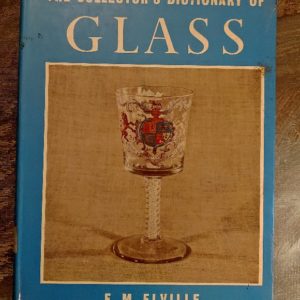
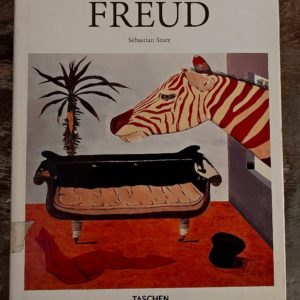
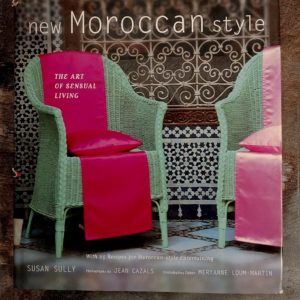
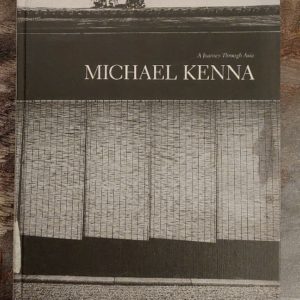
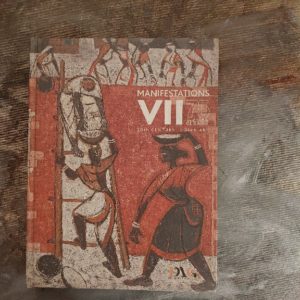
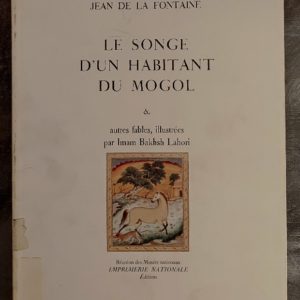
Reviews
There are no reviews yet.